

The 1st Environmental Awareness Session “Impact of Cellular Networks on Health and Environment”
The 1st Environmental Awareness Session “Impact of Cellular Networks on Health and Environment”
22 Oct 2018On October 8th 2018, the Faculty of Business Administration & International Trade launched its Fall 2018 series of seminars after being re-conceptualized in light of the faculty social responsibility goals.
These goals include working on awareness raising besides professional skill raising, broadening the topic of interests to cover social and environmental concerns of students besides business ones and finally widening our target audience to encompass the whole university students alongside business students as a part of the social responsibility of the faculty.
In light of that new policy, the Management and Marketing Department commenced its program with a seminar entitled “Impact of Cellular Networks on Health and Environment” presented by Mr. Sherif Eissa, the Head of Environmental Sustainability at ORANGE. Throughout his valuable presentation, Mr Eissa clarified that the mobile industry is witnessing such a phenomenal growth, that – up to the World Bank estimation- 90% of world’s population lives within range of mobile networks. In Egypt -which is the second largest mobile market in Africa- the mobile users have reached 100 million users by July 2018. In view of those stunning facts, Mr Eissa explained some necessary technical issues about the electro magic fields, how the cellular networks work and what the frequency re-use is. He also shed some light on the network sites in Egypt and the world.
Mr Eissa presented some conclusions: First, he ascribed the very big concerns about mobile networks to lack of correct knowledge, absence of clear-cut research work results and exaggerated adverse effects by mass media. Second, Mr Eissa suggested that the mobile network concerns are countered by reports from specialized and independent global institutions like The IEMGMP (an Independent Expert Group of Mobile Phones), The NRPB: National Radiation Protection Board, and, above all, the WHO (World Health Organization).
On the issue on mobile network dangers, the WHO concluded that : ”Current scientific evidence indicate that exposure to low levels of RF fields, including those emitted by mobile phones and base stations, is unlikely to induce or promote cancers”. As Mr Sherif Eissa did not take a clear stand regarding the issue but just cast strong doubts on the validity of those concerns and charges to the mobile networks and their impacts on health. He concluded his presentation with some recommendations to face that problem including: the necessity to Increase the number of base stations by bringing them closer to ensure less emitted power, supporting scientific research works in telecommunication, minimizing phone call duration to around 6 minutes, taking extra precautionary measurements for children and switching off mobile phones inside hospitals to avert its functional effects on some precise electronic equipment.
After the valuable presentation, a very rich discussion took place between the stage and floor. The session ended with thanks to the guest speaker who was offered a trophy in the name of the faculty expressing its appreciation for his continuous and fruitful cooperation in the Environmental Awareness sessions.
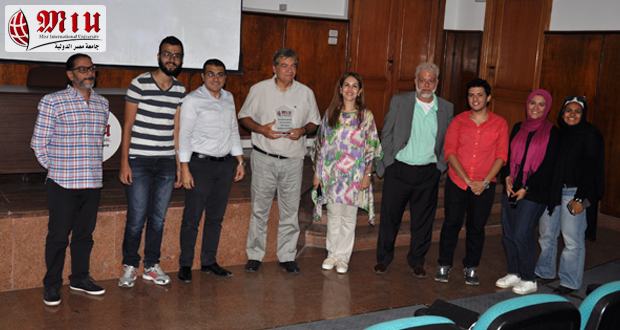
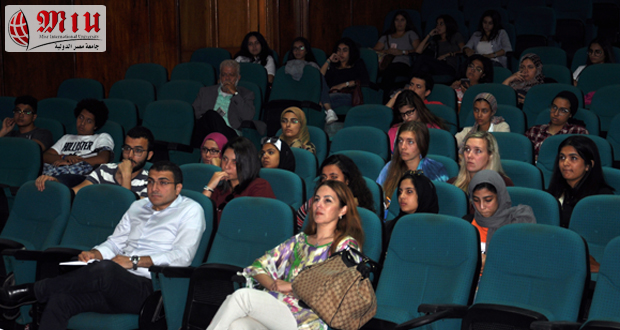
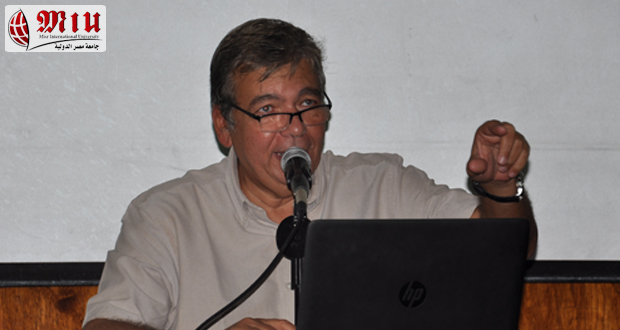
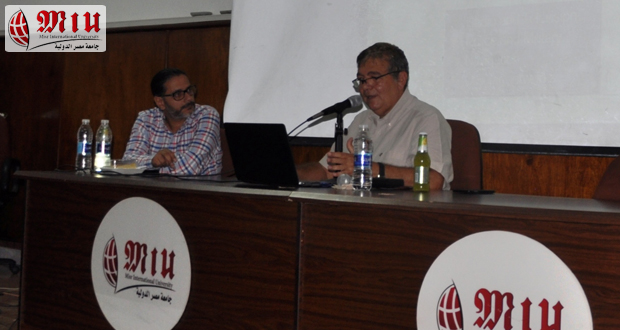
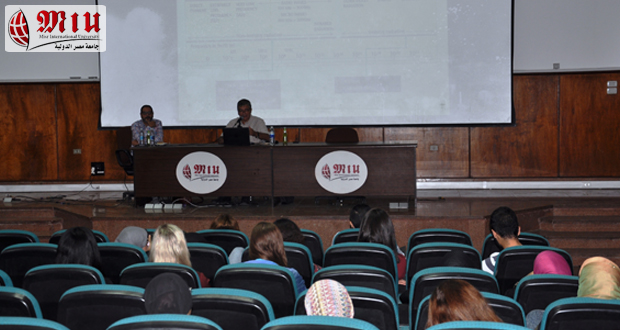
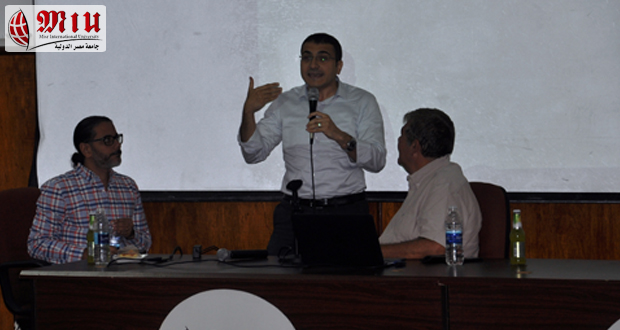
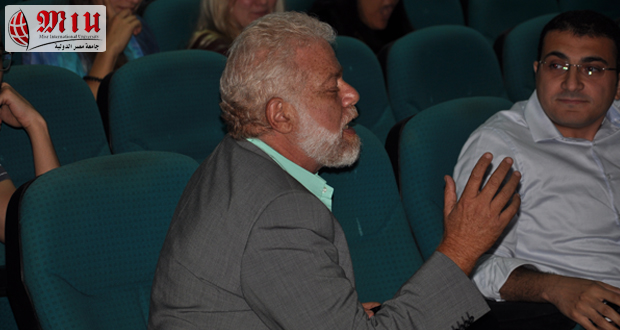

 Top Menu
Top Menu